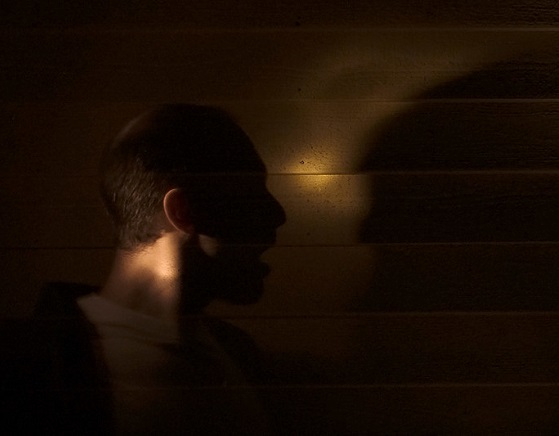Shadow Self: Demystifying Shadow Work as Self-Work.

{source}
What is shadow work or shadow self? Sounds like something esoteric or out of a bad witchcraft movie if you’ve never heard of it. Okay, I was being facetious.
Jokes aside, it’s about time we demystify this topic once and for all. The fact is that shadow work isn’t simply just for certain magical practitioners or anything like that. It lives in everyone, just like light and magic exists in everyone.
“To confront a man with his shadow is to show him is own light.” ~ Carl Jung
This whole concept is even grounded in the last 100 years of psychology. The shadow self is the side of us the ego subconsciously chooses to ignore in order to survive. This usually looks like ignoring working through trauma, stuffing feelings in a box and choosing not to deal with things like anger or jealousy until they manifest into high blood pressure or anxious avoidant attachment styles.
The root of those health issues would be revealed by shining a light on your shadow and lessons you have to learn behind those emotions. This could be sitting down with yourself (or a professional) and unpacking your traumas and how they’ve affected you. Self work and shadow work are synonymous.
It can even be things you know about but have previously refused to deal with because the thought of dealing with it was scary as hell. Like you have unhealthy patterns in your love life, so you’ve been told you should do inner child work and confront the lack of love you had as a child.
So, you’re aware of it, but you’re at a point where you go, “Oh, that? Yeah, I don’t wanna think about that. My destructive patterns are more familiar than acknowledging that hurt I went through.” Sound familiar? It should. We’ve all been there.
This is your ego keeping you safe from exposing you to anything that might compromise the safety your brain thinks it has in staying the same and not confronting things that compromise that safety. It’s sort of like knowing you need to start working out, but it takes a while to start doing it because you have to push and convince your ego that growing will be better than staying unhealthy the way you are.
But how do we navigate this storm on our own? Short answer, we don’t.
It’s not as simple as telling someone how to crack open the floodgates and hoping they survive the flood. And we can’t expect to give a person a flashlight to show him his light, as Jung put it, and expect him to go wander the dark alone. Would we do that for our children? No, I don’t think we would.
The only way we can open up topics on wounded healing is by normalizing topics like this, and to vow that we’re not giving anyone a flashlight to walk the dark alone. We need to create not just safe spaces, but a safe world where people can navigate the healing process with grace and compassion — a world that doesn’t treat mental and emotional health or the act of personal growth like it’s a defective sign.
Let’s create a world where we’re all holding a flashlight, holding hands through the dark as we walk home together. So at its very core, shadow work and recognizing the shadow self is about being mindful of the things we’ve been ignoring that could be lessons and doors to growth. Instead of running from them and pretending it’s not an issue, we face it with our own light.
***
Jordan Forget is a loving father, a healer, and a seeker of the Old Norse wisdom. He draws from his background in kinesiology and his reiki training to provide his clients with a path to healing and balance. He has dedicated himself to helping others through this holistic approach, and is committed to continuing on his own shamanic path. Through his practice, he aims to demystify the road to being healthy and whole, and strives to provide his clients with the tools and training to be the best possible version of themselves. You could contact him via Facebook, Instagram, YouTube, TikTok or email.

